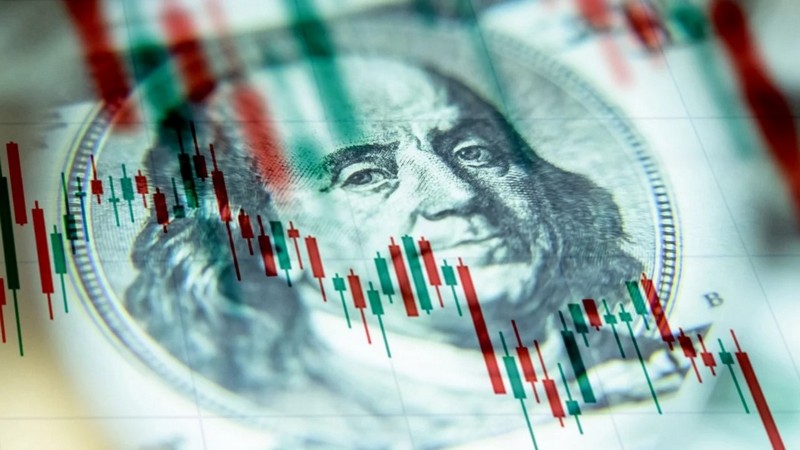
Germany's economy will contract again in the first quarter of this year, a sign of continued weakness two years after the war in Ukraine began, the German Federal Bank said.
Amid sluggish industry and sluggish construction, Germany's GDP is expected to "fall slightly again in the first quarter of 2024," following a 0,3% decline in the final quarter of 2023, the Bundesbank said in its monthly bulletin.
A second consecutive drop would lead to a technical recession in the economy.
Orders in industry and construction are falling, the institution explains, due to high financing costs and weak demand.
The beginning of the year was also marked by strikes in the rail and transportation sectors, and their impact on overall activity "cannot be ruled out," the institution adds.
Finally, the high level of uncertainty associated with geopolitical tensions and endless squabbles in the ruling coalition - a complex alliance of environmentalists, liberals and social democrats - means that consumers are "likely to remain cautious in their spending".
Financing costs, particularly due to high interest rates, could "limit investment".
According to the Bundesbank, all this indicates that the period of weakness in the German economy, which has been suffering from Russia's war in Ukraine for almost two years, is continuing.
Since the start of the conflict, industry, the backbone of the German model, has been weighed down by energy costs that are too high compared to competitors due to the cutoff of cheap Russian gas supplies.
However, the Bundesbank sees "no signs of recession in the sense of a sustained, widespread and sharp fall in economic activity" and such a scenario "is not currently envisioned," the institution concludes.
The economic rebound could come at the expense of households, given the resilience of the labor market and the surge in wages, but it would not prevent inflation from falling.
On Wednesday, German Economy Minister Robert Habeck will present the government's new economic growth forecast for 2024. According to press reports, economic activity could fall by 0,2%, which would be a significant downward adjustment from the current forecast of 1,3%.
In this context, the ECB's December forecast of 0,8% eurozone growth this year with a gradual improvement in activity over the quarters already seems "optimistic", Oddo economists note.
Verwandte Beiträge
Diese Beiträge könnten Sie auch interessieren
Eine Antwort hinterlassen
Ihre E-Mail Adresse wird nicht veröffentlicht.




Comments on this post
0 comments